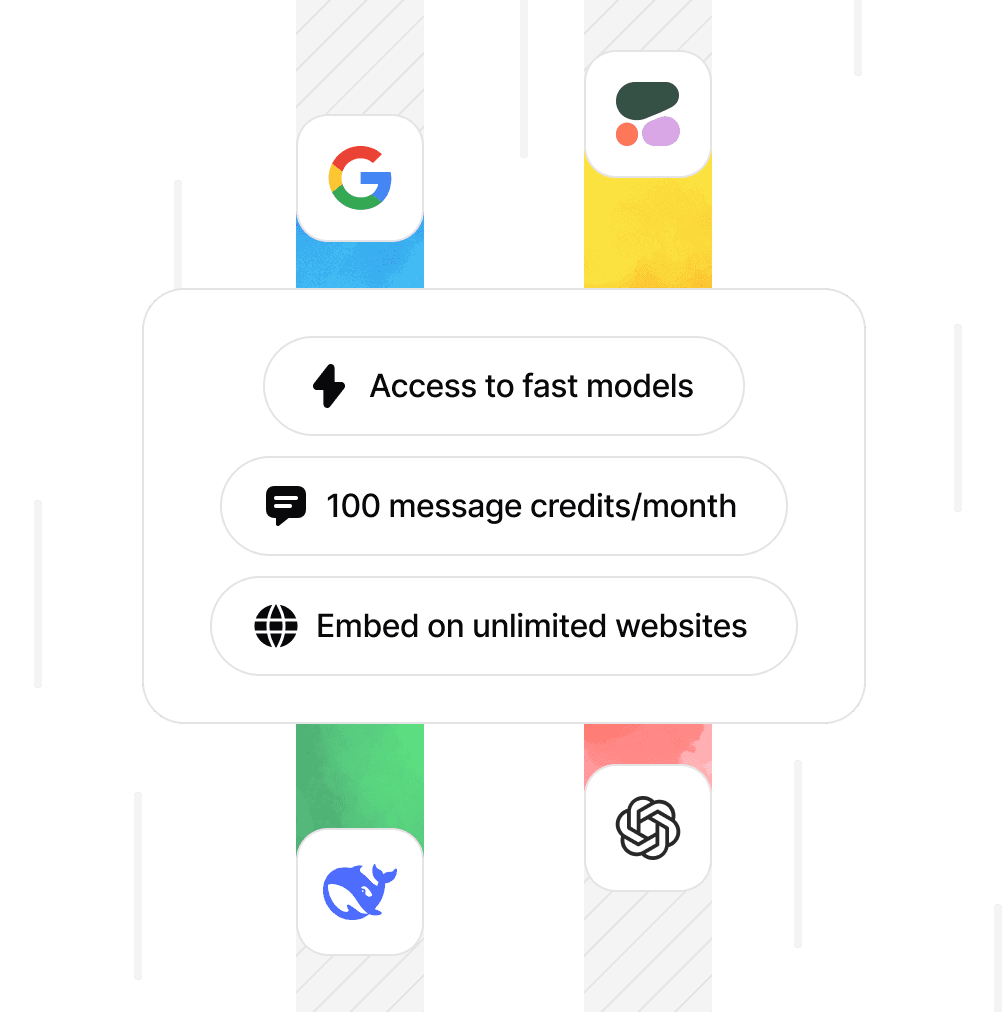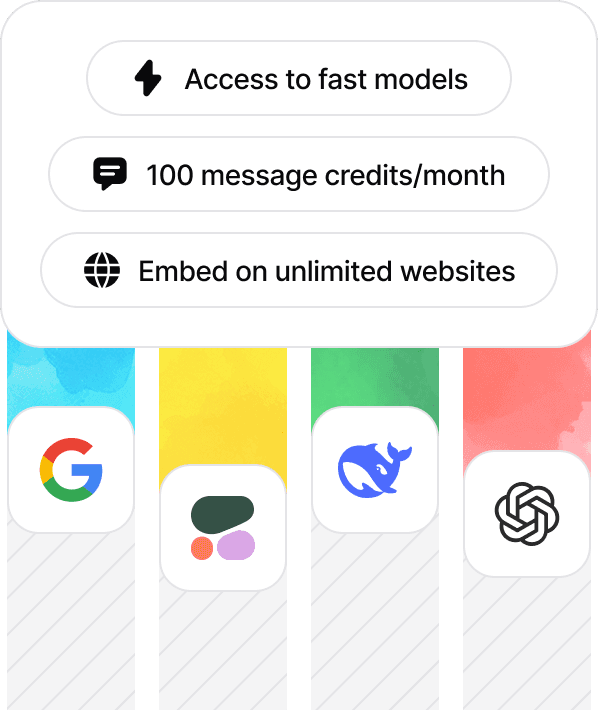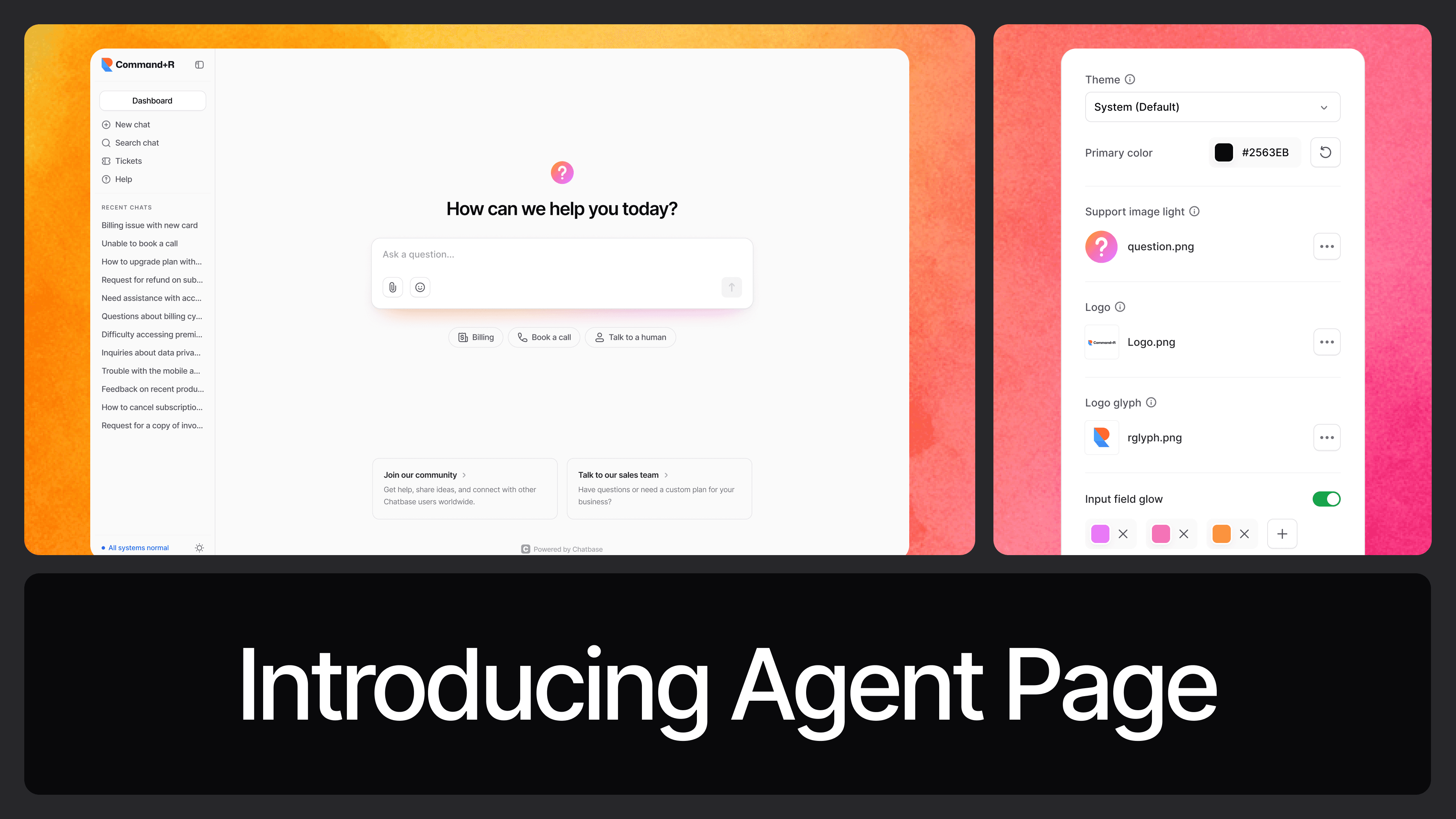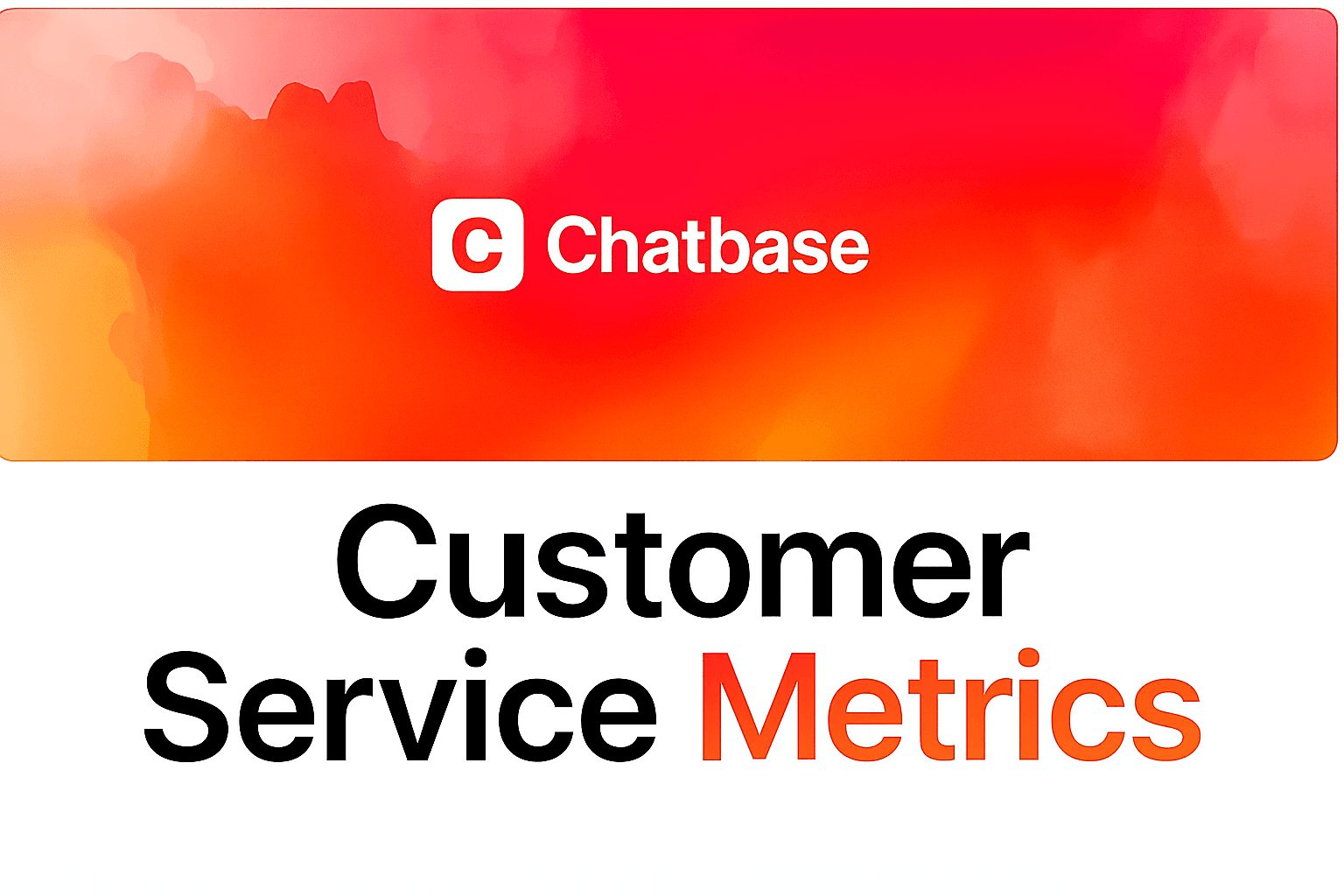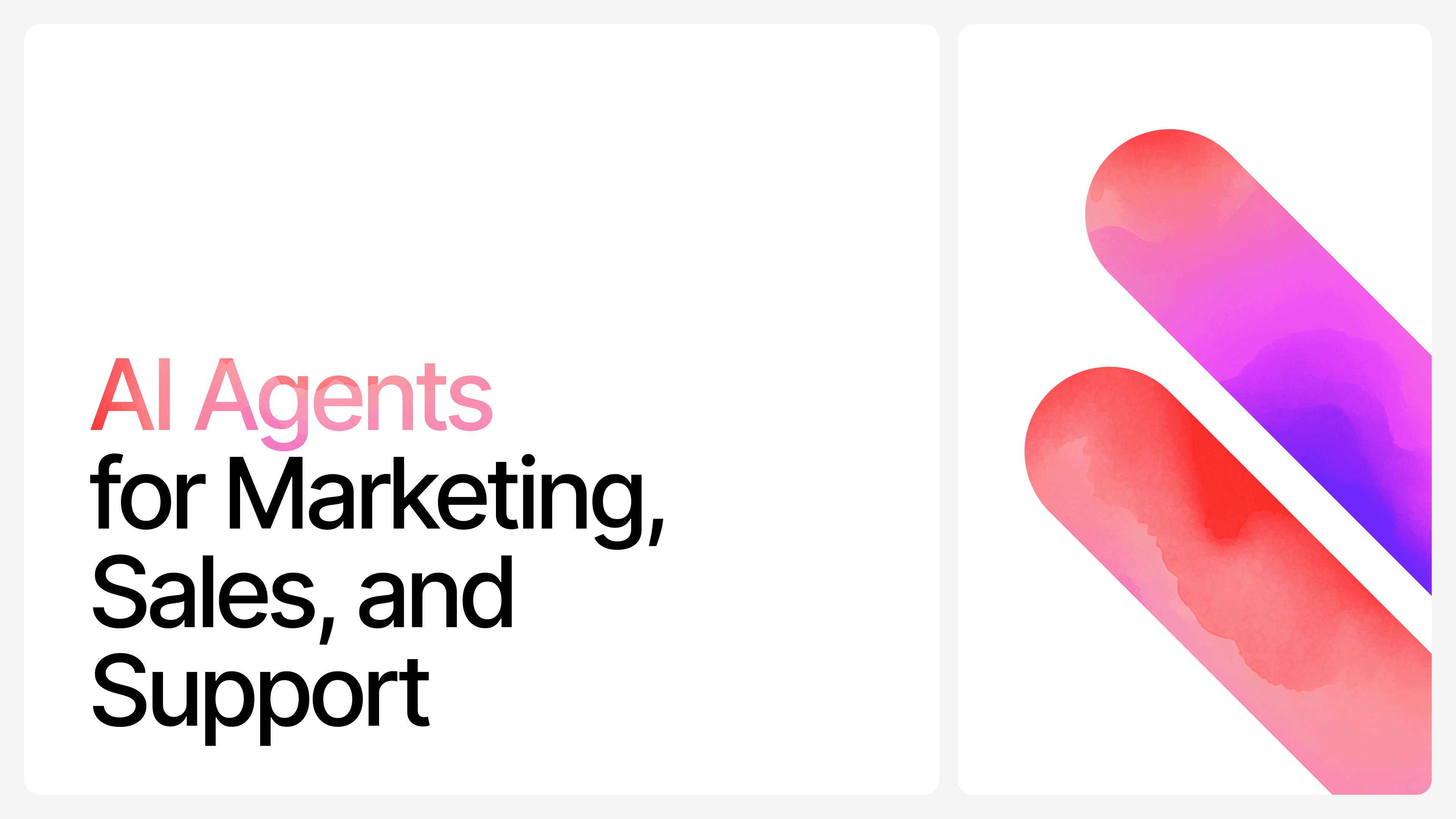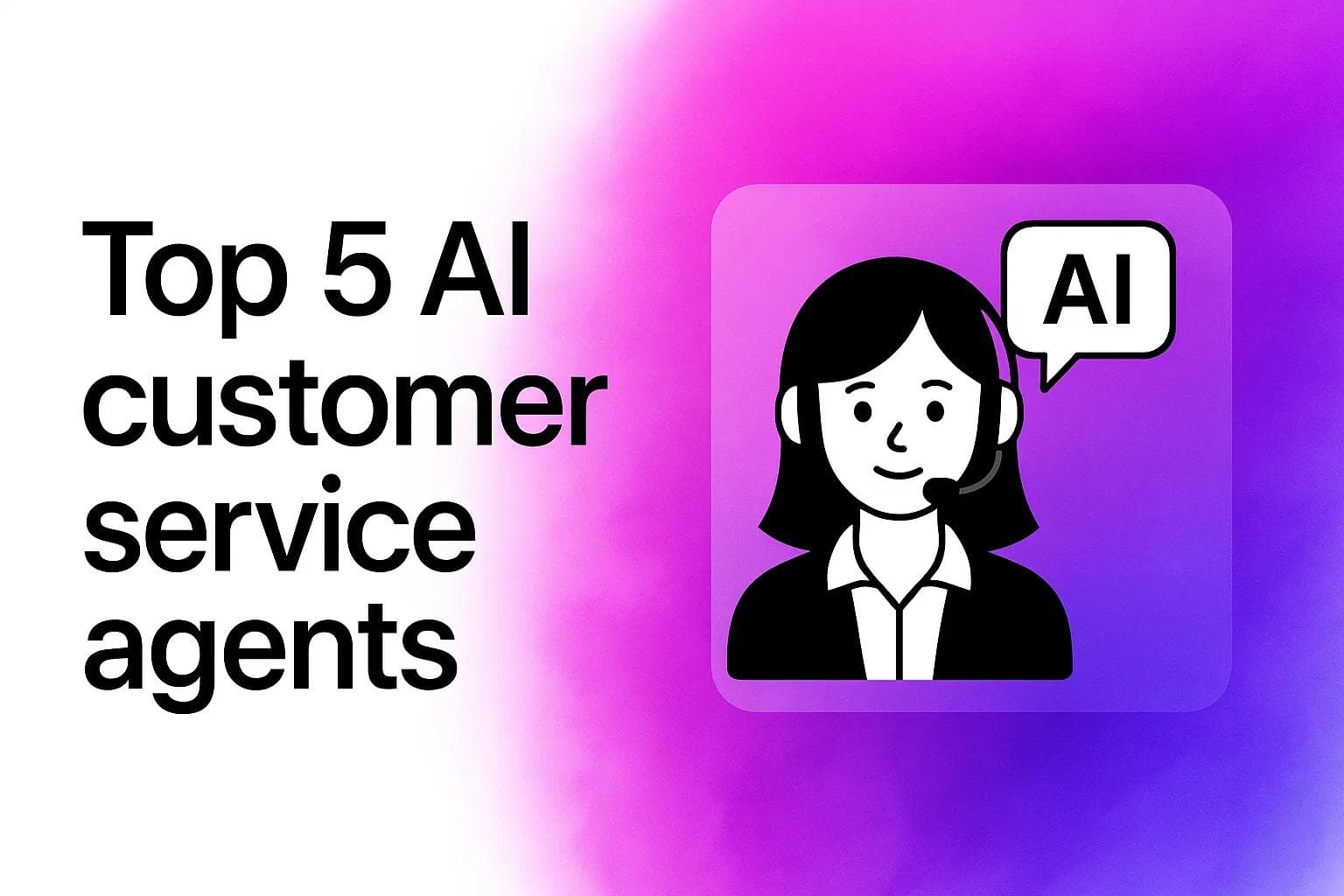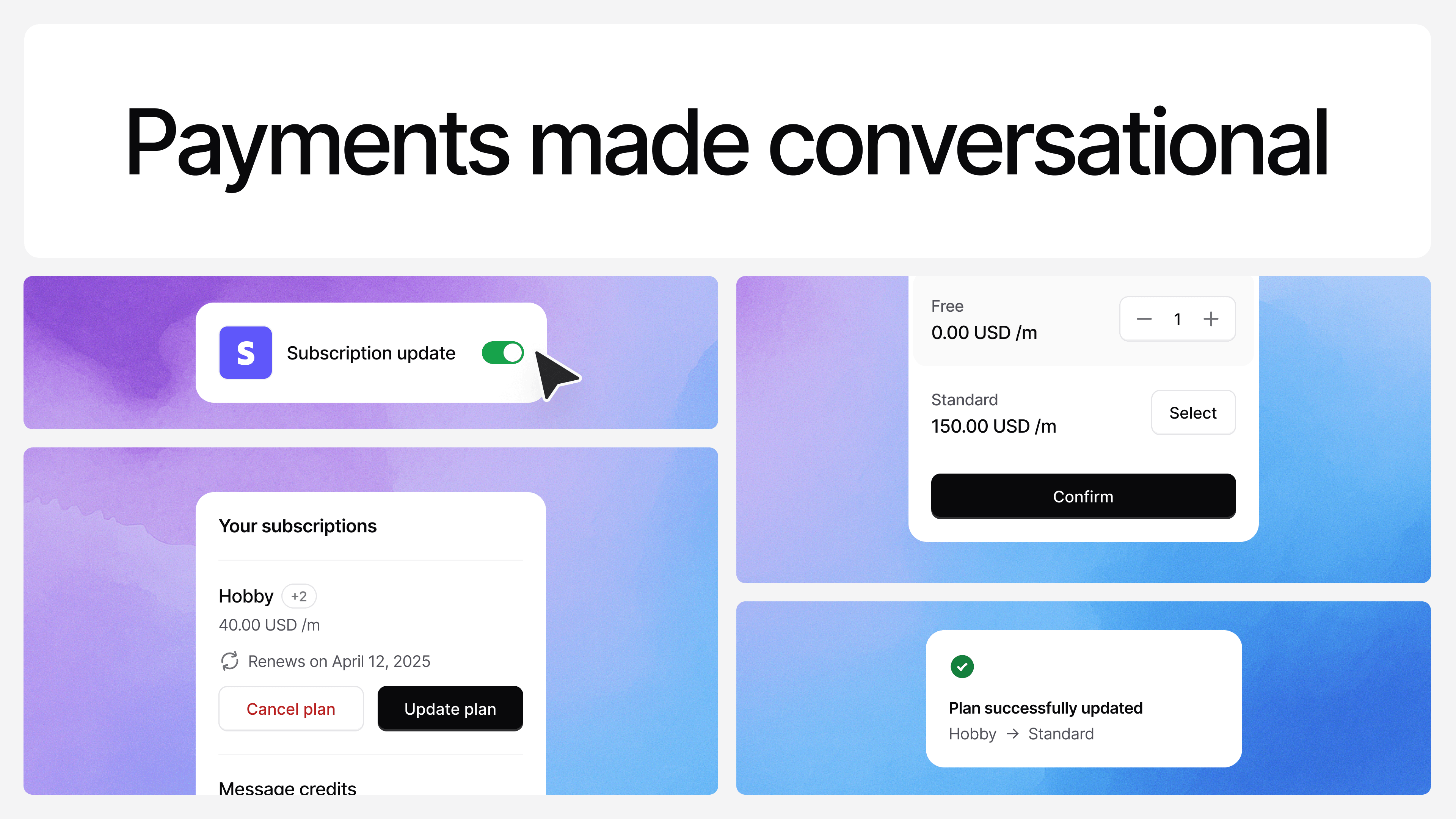HR Chatbots: The AI Revolution in Human Resources
Ilias Ism
Jul 29, 2024
15 min read
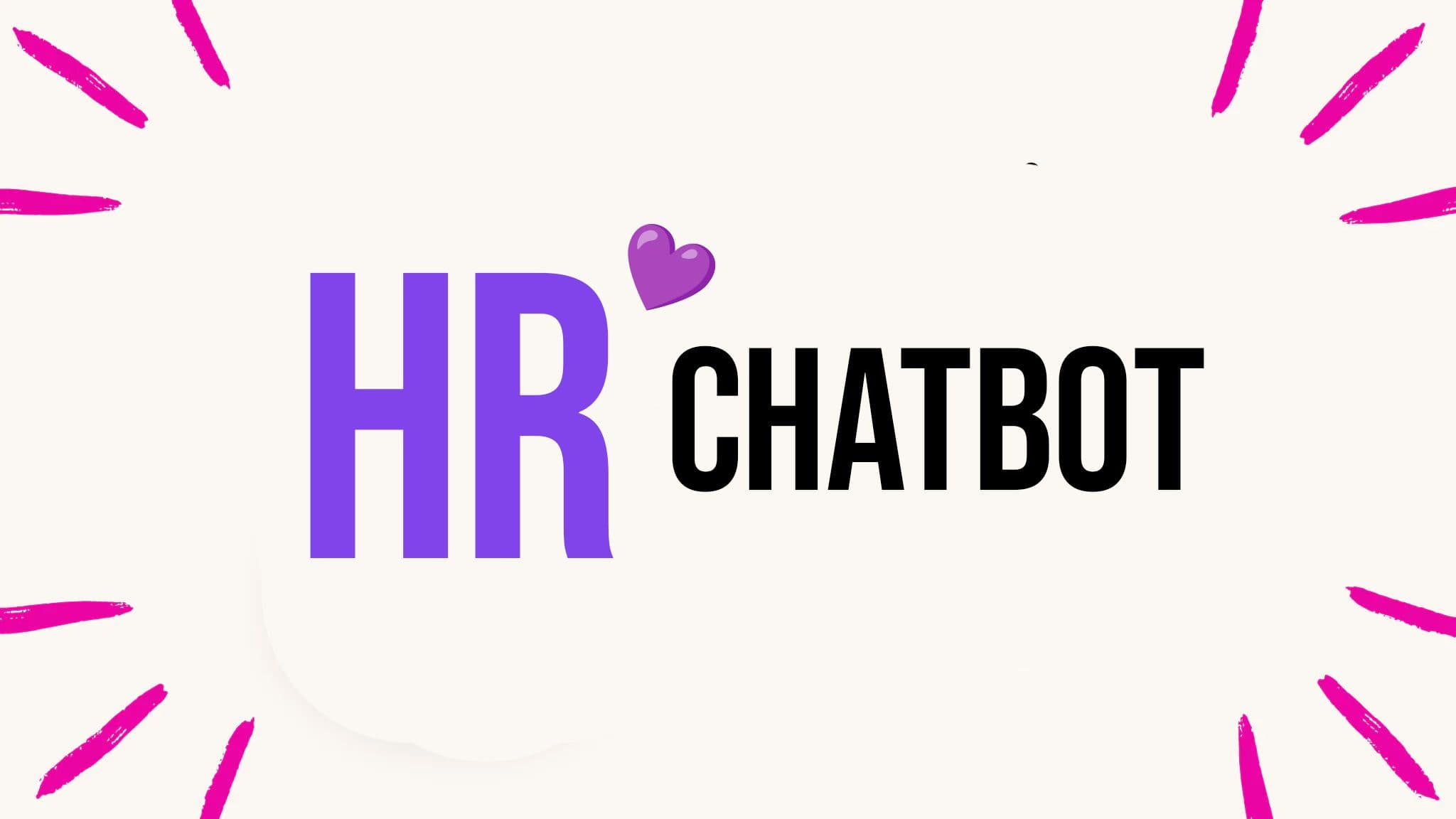
Imagine a world where your HR team never sleeps, answering questions 24/7 and streamlining processes at lightning speed. Welcome to the era of HR chatbots.
These AI-powered assistants are transforming human resources, from recruitment to employee support. But how exactly do they work, and are they worth the hype?
Ready to explore how HR chatbots could revolutionize your workplace? Let's get started.
What is an HR Chatbot?
![[object Object]](/_next/image?url=https%3A%2F%2Fcdn.sanity.io%2Fimages%2Fi6kpkyc7%2Fprod-dataset%2Ffe639faaf1443679dc4a3bd8db966549f7b91d16-1918x890.webp&w=3840&q=75)
An HR chatbot is an AI-powered virtual assistant designed to automate and streamline various human resources tasks and processes.
These chatbots use natural language processing (NLP) and machine learning to understand and respond to employee inquiries, provide information, and perform HR-related actions.
HR chatbots can handle a wide range of functions, including:
- Answering employee questions about company policies and benefits
- Assisting with recruitment and onboarding processes
- Providing support for leave requests and time-off management
- Offering guidance on training and development opportunities
- Collecting feedback and conducting surveys
By leveraging AI technology, HR chatbots can provide 24/7 employee support, reducing the workload on HR teams and improving overall efficiency.
Key Benefits of HR Chatbots
Implementing HR chatbots can bring numerous advantages to organizations of all sizes.
Here are some of the key benefits:
1. Increased Efficiency and Productivity
HR chatbots can handle routine inquiries and tasks, freeing up HR professionals to focus on more strategic and complex issues. When combined with employee monitoring software, these tools provide a comprehensive view of productivity patterns, enabling HR to make data-driven decisions and identify areas for operational improvement.
This automation leads to increased efficiency and productivity within the HR department.
2. 24/7 Availability
Unlike human HR staff, chatbots are available round-the-clock to assist employees with their queries and concerns.
This constant availability ensures that employees can access HR support whenever they need it, regardless of time zones or working hours.
3. Improved Employee Experience
By providing instant responses and personalized assistance, HR chatbots can significantly enhance the employee experience.
Employees can quickly get the information they need without having to wait for email responses or schedule meetings with HR staff. Integrating employee scheduling software with HR chatbots allows employees to effortlessly manage their shifts, request time off, and check their schedules in real-time, improving overall convenience and satisfaction.
4. Cost Savings
Implementing HR chatbots can lead to substantial cost savings for organizations. For teams looking to maximize efficiency without increasing expenses, integrating tools like free hiring software alongside chatbots can further reduce hiring costs while maintaining workflow quality.
By automating routine tasks and reducing the need for additional HR staff, companies can allocate resources more efficiently. For teams looking to maximize efficiency without increasing expenses, integrating tools like free recruitment software alongside chatbots can further reduce hiring costs while maintaining workflow quality.
5. Consistency in Information Delivery
HR chatbots ensure that all employees receive consistent and accurate information about company policies, benefits, and procedures.
This uniformity helps reduce misunderstandings and ensures compliance with organizational guidelines.
Use Cases for HR Chatbots
HR chatbots can be applied to various aspects of human resource management. Here are some common use cases:
1. Recruitment and Onboarding
HR chatbots can assist in the recruitment process by:
- Answering candidate questions about job openings and company culture
- Scheduling interviews and sending reminders
- Collecting initial candidate information and pre-qualifying applicants
- Guiding new hires through the onboarding process
For example, Airbus implemented a chatbot named Bessie to enhance their candidate experience.
The chatbot answers frequently asked questions from candidates, with 74% of all questions being automatically answered by Bessie.
2. Employee Self-Service
Chatbots can provide employees with easy access to HR-related information and services, such as:
- Checking leave balances and requesting time off
- Accessing pay stubs and tax documents
- Updating personal information
- Enrolling in benefits programs
3. Training and Development
HR chatbots can support employee learning and growth by:
- Recommending relevant training courses
- Providing access to learning materials
- Tracking progress and completion of training programs
- Answering questions about career development opportunities
4. Performance Management
Chatbots can assist in the performance management process by:
- Sending reminders for performance reviews
- Collecting feedback from employees and managers
- Providing guidance on goal-setting and performance improvement, especially when used in parallel with employee monitoring programs that offer visibility into productivity patterns and engagement trends.
5. Employee Engagement and Feedback
HR chatbots can help organizations gauge employee sentiment and gather feedback through:
- Conducting pulse surveys and engagement assessments
- Collecting suggestions and ideas from employees
- Providing a channel for anonymous feedback tool
Implementing HR Chatbots: Challenges and Best Practices
While HR chatbots offer numerous benefits, implementing them successfully requires careful planning and consideration.
Here are some challenges to be aware of and best practices to follow:
Challenges
Data Privacy and Security: HR chatbots handle sensitive employee information, making data protection a critical concern. Organizations must ensure robust security measures, such as dedicated IP and cloud security, are in place to safeguard personal data.
Integration with Existing Systems: Integrating chatbots with existing HR software chosen based on reviews and ratings from aggregator sites like Find HR Software, and databases can be complex and may require significant technical expertise.
User Adoption: Employees may be hesitant to use chatbots initially, preferring human interaction for HR-related matters. Overcoming this resistance requires effective change management strategies.
Maintaining Accuracy and Relevance: Keeping the chatbot's knowledge base up-to-date with the latest HR policies and information can be challenging and time-consuming.
Best Practices
Start Small and Scale Gradually: Begin by implementing chatbots for specific HR functions and expand their capabilities over time based on user feedback and performance.
Prioritize User Experience: Design the chatbot interface to be intuitive and user-friendly, ensuring that employees can easily navigate and find the information they need.
Provide Clear Communication: Inform employees about the chatbot's capabilities, limitations, and how to use it effectively. Emphasize that human HR support is still available when needed.
Continuously Monitor and Improve: Regularly analyze chatbot performance, user feedback, and usage patterns to identify areas for improvement and refine the chatbot's responses and capabilities.
Ensure Data Protection: Implement robust security measures and comply with data protection regulations to maintain employee trust and protect sensitive information.
The Future of HR Chatbots
As AI technology continues to advance, the capabilities of HR chatbots are expected to expand further. Some future trends to watch for include:
Enhanced Natural Language Processing: Improved NLP will enable chatbots to understand and respond to more complex queries and nuanced language.
Predictive Analytics: HR chatbots may leverage predictive workforce analytics to anticipate employee needs and proactively offer support and resources.
Integration with Voice Assistants: HR chatbots may be integrated with voice-activated assistants, allowing employees to access HR services through voice commands.
Personalized Employee Development: Chatbots may offer increasingly personalized recommendations for training and career development based on individual employee profiles and goals.
Emotional Intelligence: Future HR chatbots may incorporate emotional intelligence capabilities to better understand and respond to employee sentiment and well-being.
Conclusion
HR chatbots are transforming the way organizations manage their human resources functions, offering numerous benefits in terms of efficiency, employee experience, and cost savings.
While AI assistants like Claude can provide valuable general knowledge and writing support, purpose-built HR chatbot platforms like Chatbase offer specialized solutions tailored for human resources use cases.
Chatbase enables organizations to quickly create custom HR chatbots without coding, leveraging advanced NLP to handle complex employee queries.
With features like multi-language support, analytics dashboards, and seamless integration with existing HR systems, Chatbase empowers companies to deliver 24/7 personalized support at scale.
By implementing Chatbase's HR chatbots, organizations can automate routine tasks, improve employee satisfaction, and free up HR teams to focus on strategic initiatives that drive business growth.
Share this article:
